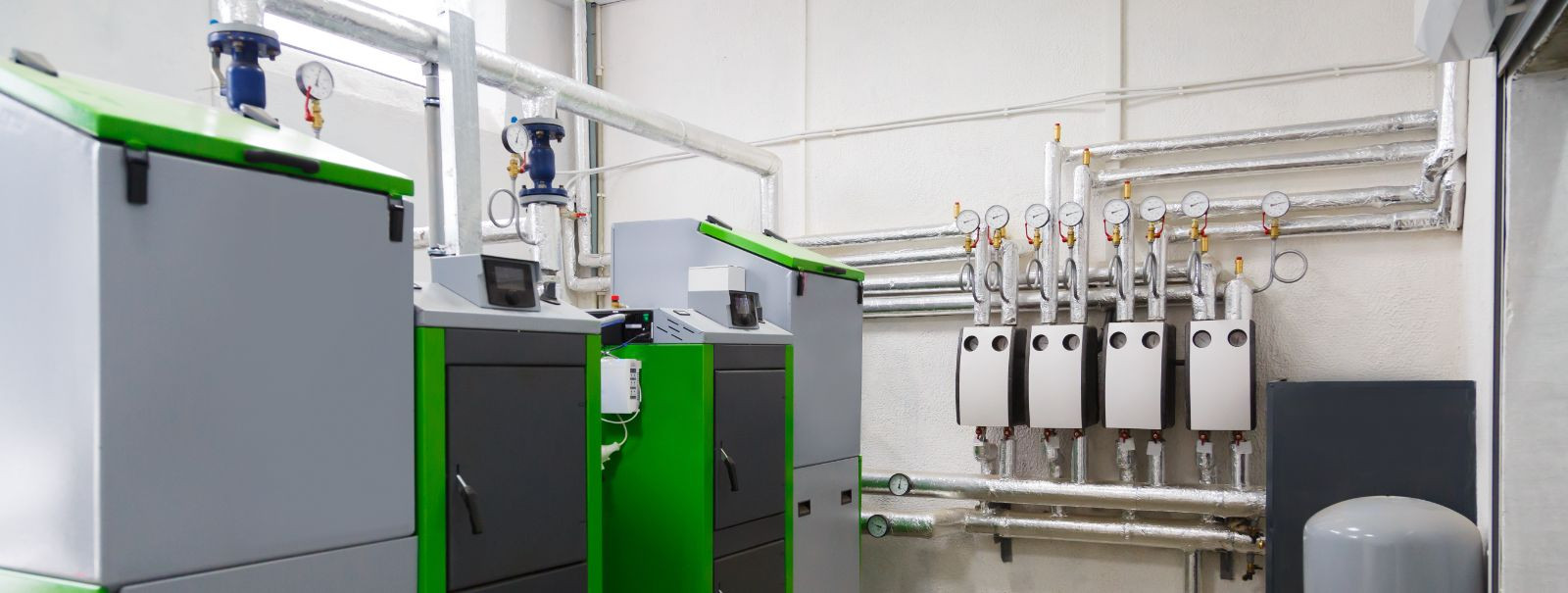The future of heating: trends in sustainable energy
Sustainable energy is derived from resources that are replenished naturally, such as sunlight, wind, rain, tides, waves, and geothermal heat. Unlike fossil fuels, these sources provide a limitless supply of energy that does not contribute to climate change or deplete natural resources.
Heating accounts for a significant portion of energy consumption in homes and businesses. Transitioning to sustainable heating solutions is crucial for reducing greenhouse gas emissions, conserving natural resources, and achieving long-term energy security.
Current Trends in Sustainable Heating
Renewable energy sources such as solar, wind, and hydroelectric power are becoming more prevalent in heating systems. These sources are used to generate electricity that can power heating systems or to directly produce heat.
Heat pumps are one of the most efficient heating and cooling technologies available. They transfer heat from the ground or air into a building during winter and reverse the process in summer.
Solar heating systems use solar collectors to capture energy from the sun and convert it into heat, which can be used for space heating or heating water.
Geothermal heating systems utilize the stable temperatures of the earth's crust to provide heating in the winter and cooling in the summer.
Biomass heating systems burn organic materials like wood pellets, chips, or logs to produce heat. They are considered sustainable when sourced responsibly.
Technological Innovations Driving Sustainable Heating
Smart thermostats and home automation systems allow for more precise control over heating, leading to increased efficiency and reduced energy consumption.
New high-efficiency boilers and furnaces can convert a higher percentage of fuel into heat, reducing waste and emissions.
Hybrid systems combine traditional heating methods with renewable energy sources, optimizing efficiency and reducing reliance on fossil fuels.
Modern insulation materials have significantly improved, helping to retain heat within buildings and reduce the demand for energy-intensive heating.
Policy and Market Influences
Governments around the world are offering incentives and imposing regulations to encourage the adoption of sustainable heating technologies.
As awareness of climate change grows, consumer demand for sustainable heating solutions is increasing, driving market growth and innovation.
Challenges and Considerations
While sustainable heating systems can offer long-term savings, the initial investment can be a barrier for some homeowners and businesses.
Existing buildings may require significant retrofitting to accommodate new sustainable heating systems, which can be complex and costly.
There is a need for greater education and awareness about the benefits and practicalities of sustainable heating to accelerate its adoption.






Comments (0)